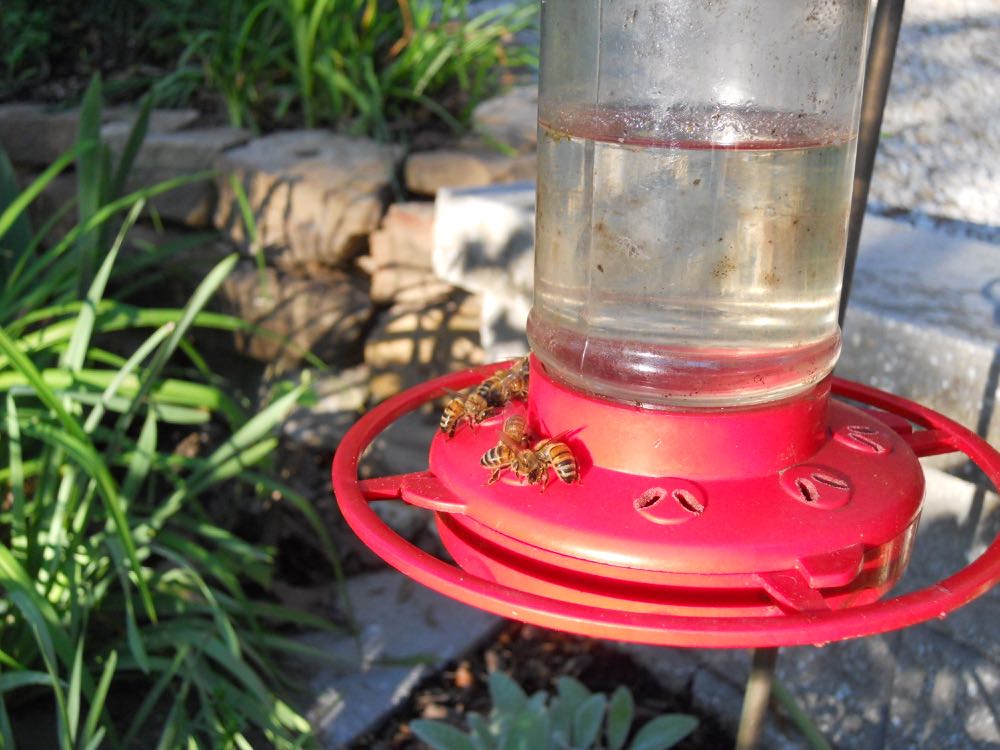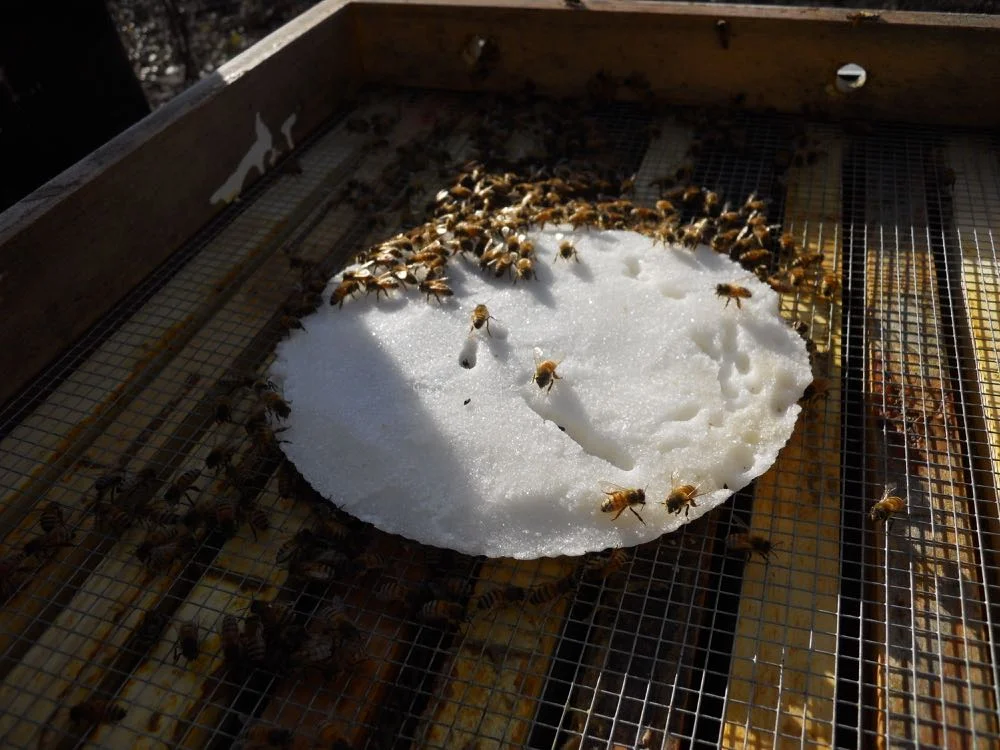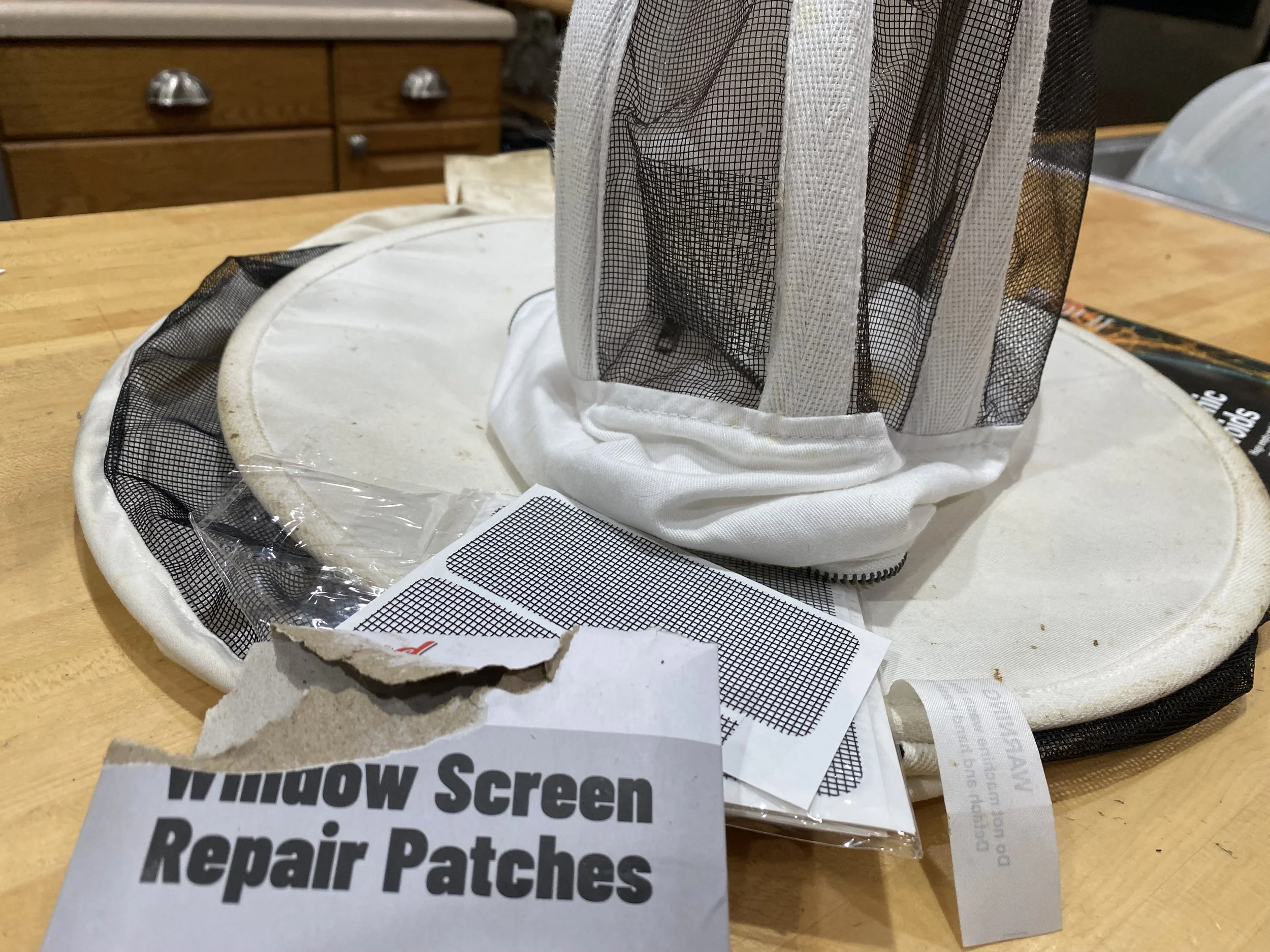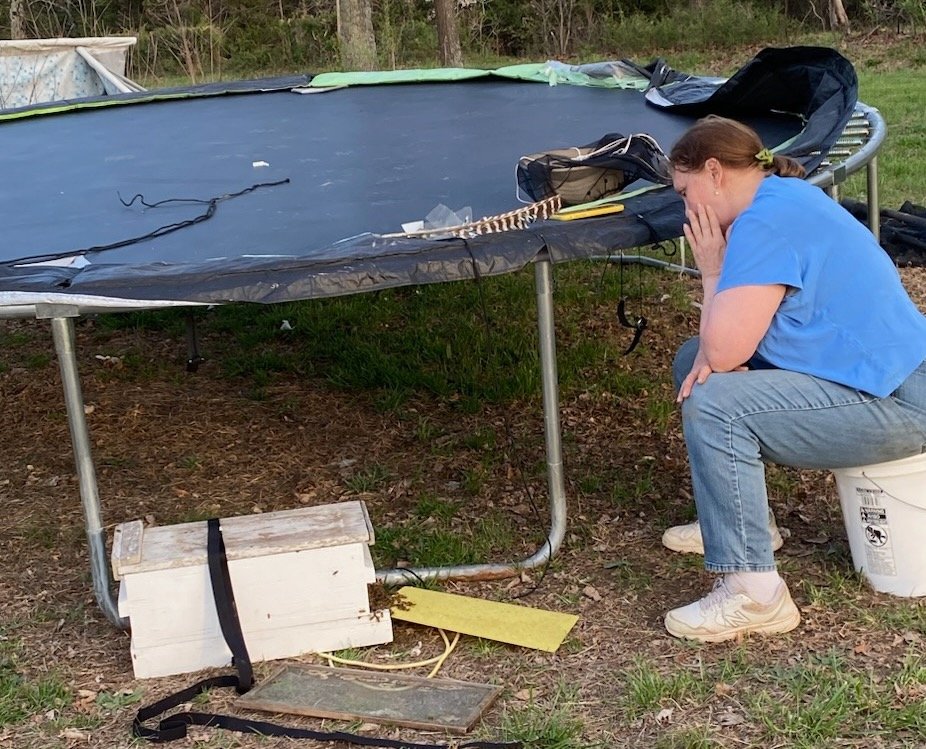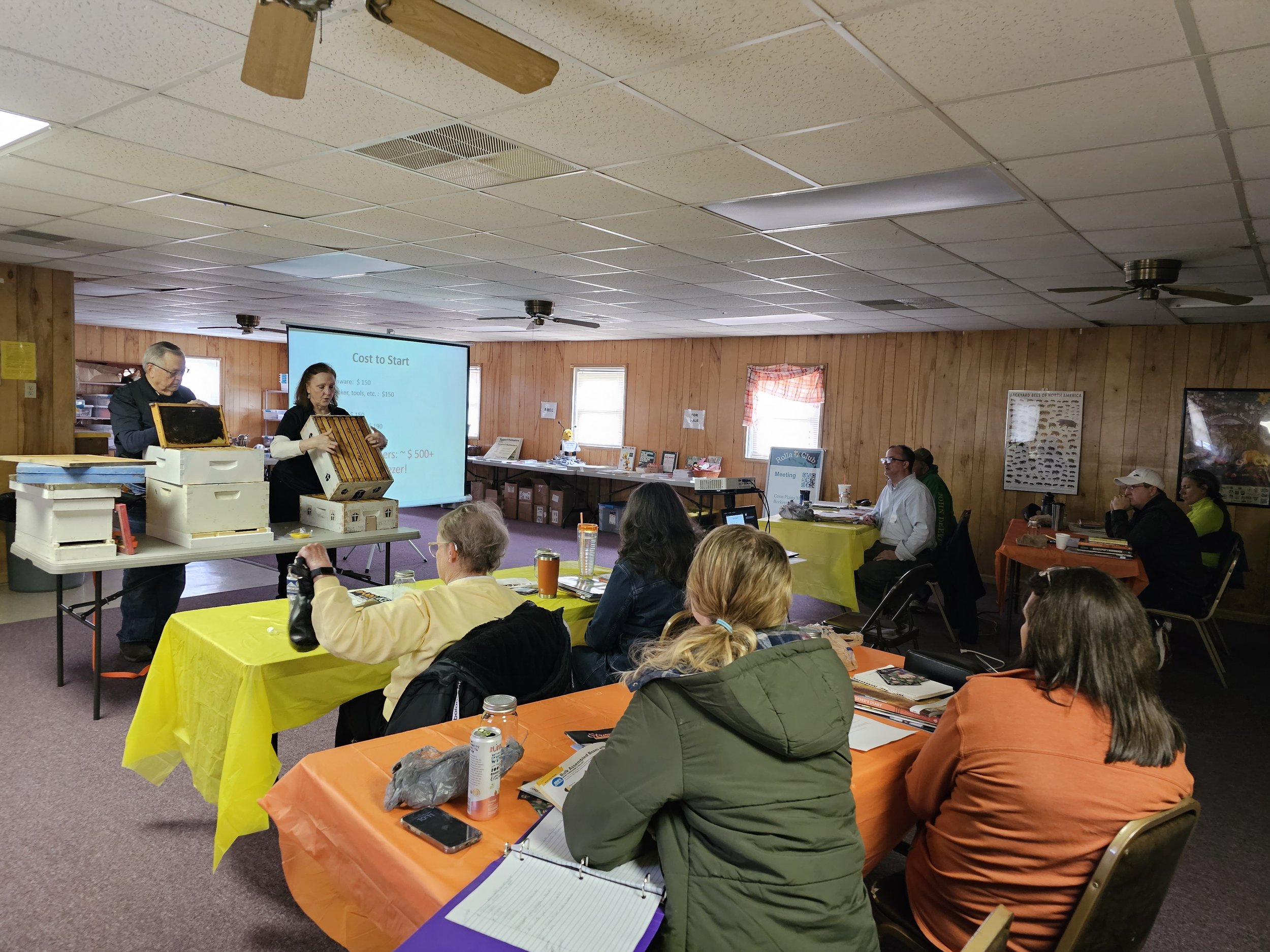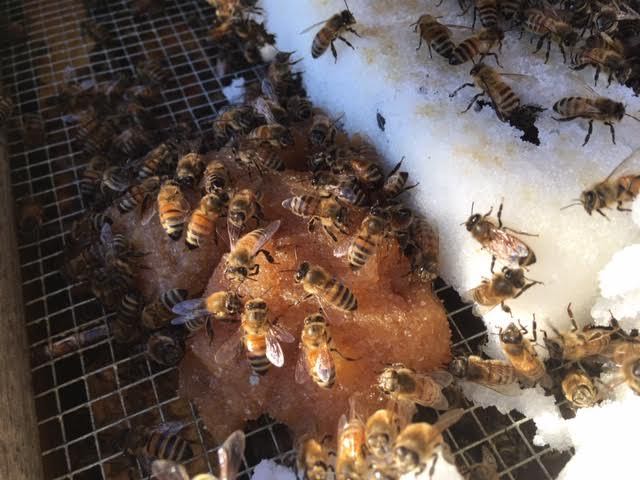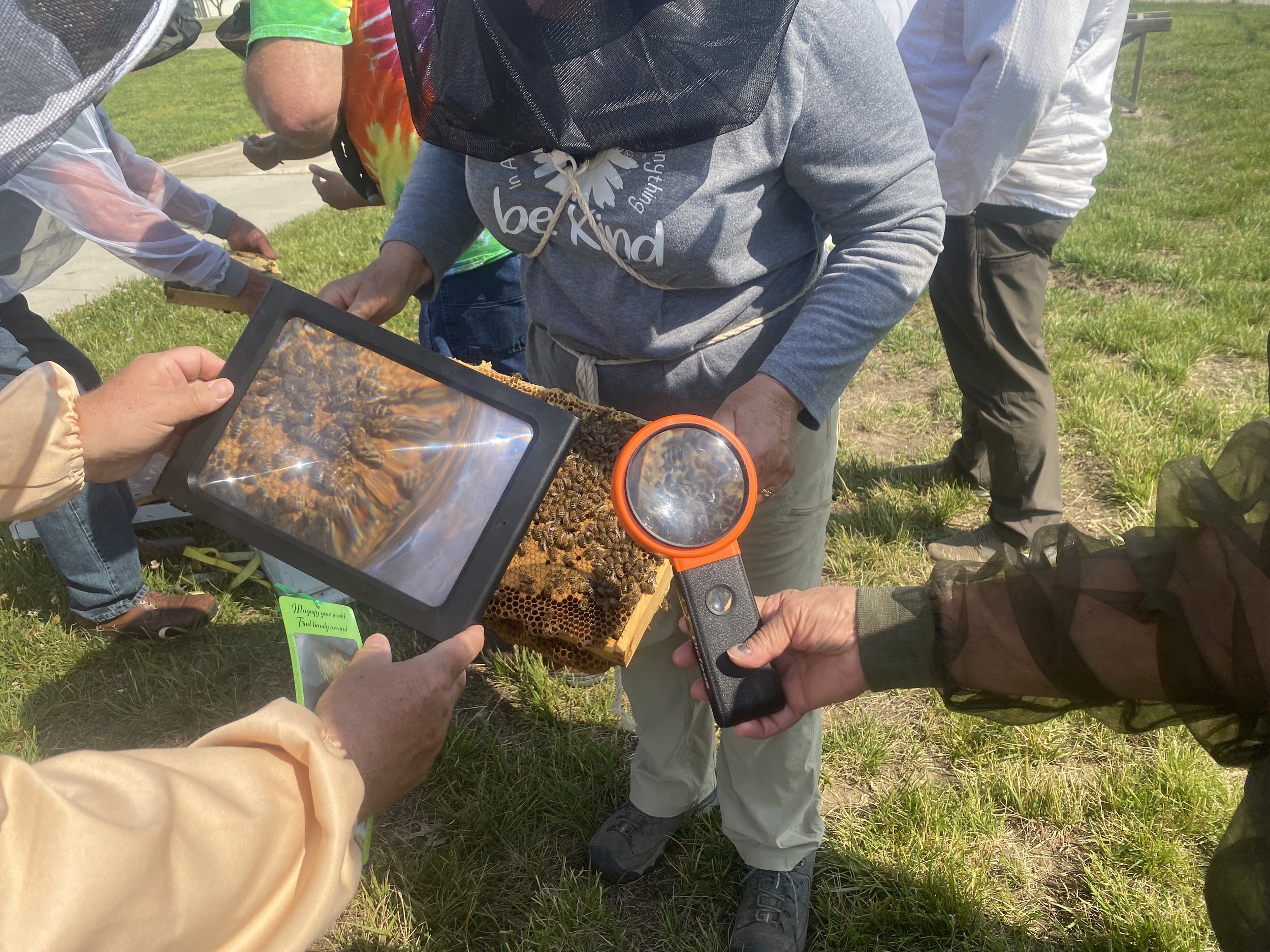"Would you bring your hives to my property?"
Periodically I am asked to either bring my honeybee hives to someone's property or to find beekeepers who would be willing to bring their hives to someone's property to pollinate their - blueberry, elderberry or whatever crops - for free. In a couple of emails, the property owners wanted to charge the beekeepers for rent to bring the hives to their land so let's go over a few basics here.
First, beekeepers have invested tens of thousands of dollars in equipment, bees, education and time by the time they have sustainable bee colonies. Yes, beekeeping is expensive, even if you build your own hives and catch swarms.
Secondly, beekeepers that do provide pollination services do have bees they can bring but they also charge for those services, sometimes a monthly fee or a charge per crop being pollinated. Most crops that require pollination have short windows where they need pollination services, which is why the major beekeeping companies spend 6 months on the road moving colonies all around the country. The pollination services season starts with pollinating almond fields in February, one if not the largest movement of bee colonies nationwide with a good 60% of North American bees going west.
A recent study February 2019 found that bees in California almond fields were dying not only because the blooming almond trees were sprayed when in bloom but they were mixing herbicides and fungicides that impacted the bees.
In addition to the stress of moving, honeybees can also get exposed to toxic chemicals applied within a 5 mile radius of where the hives are located. There is no antidote to pesticide, herbicide and fungicide exposure. The beekeeper takes that risk when they move a colony into a new area, not the property owner.
That's not to say there aren't beekeepers who would be willing to bring hives onto someone's property but the property has to have excellent bee forage plants to make it worthwhile, and those lands are few and far between. Most Missouri land has been overgrazed and over-farmed so unless the property owner is working to restore the soil conditions and planting crops to provide a continuous flower source through the growing season, most property doesn't provide bees with nutritious pollen.
A friend of mine has moved several of his hives to friend’s property only to have them die out for lack of food.
In some areas, like St. Louis, there are now "Adopt a Hive" programs where beekeepers either bring in a hive to someone's property for a fee, and then provide some honey at the end of the season provided there is extra honey. I understand there are some issues with this program because some of the hives are not properly maintained, bees disappear and property owners end up without honey even if bees pull through the season. It's not uncommon for a colony not to have extra honey after the first year at a new site but non-beekeepers still expect to get honey out of a hive.
The best arrangement was one I heard about a couple of years ago where the property owner and beekeeper split the cost of the hives and bees. The beekeeper set up the hives on the property and managed them, then at the end of the season the property owner and the beekeeper worked together to extract and split the honey. The arrangement worked so well the bees were left on the property to winter over until the next year.
So would I bring my hives to someone's property? Sorry no, I like having my girls close by where I can keep an eye on them. I started keeping bees for pollination myself and I enjoy seeing my bees visiting my flowers throughout the season. It also gives me a great excuse to keep planting and developing my one-acre hillside garden, not that I need another reason to buy flowers on sale!
Have you been asked to bring hives to someone's property for free?
Charlotte








